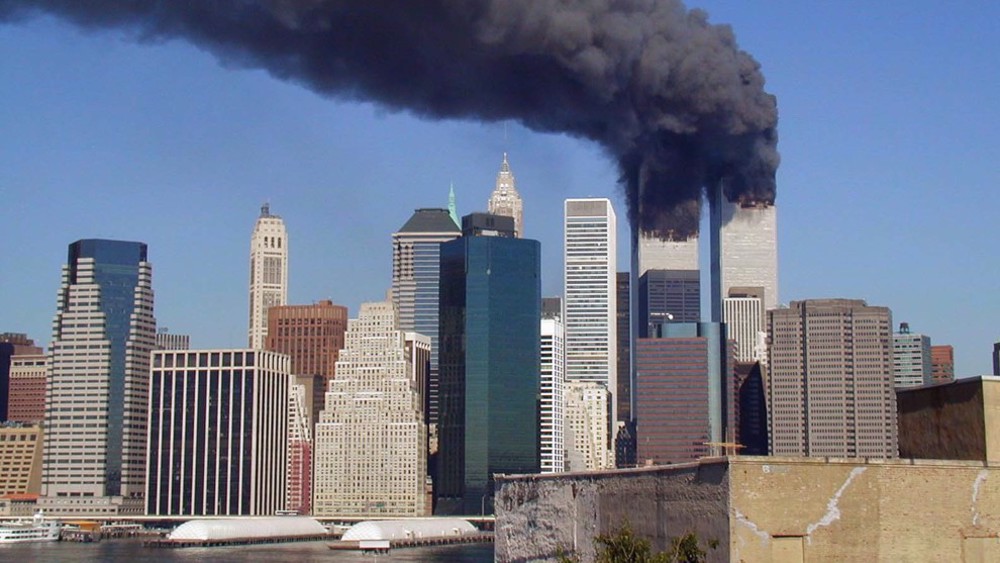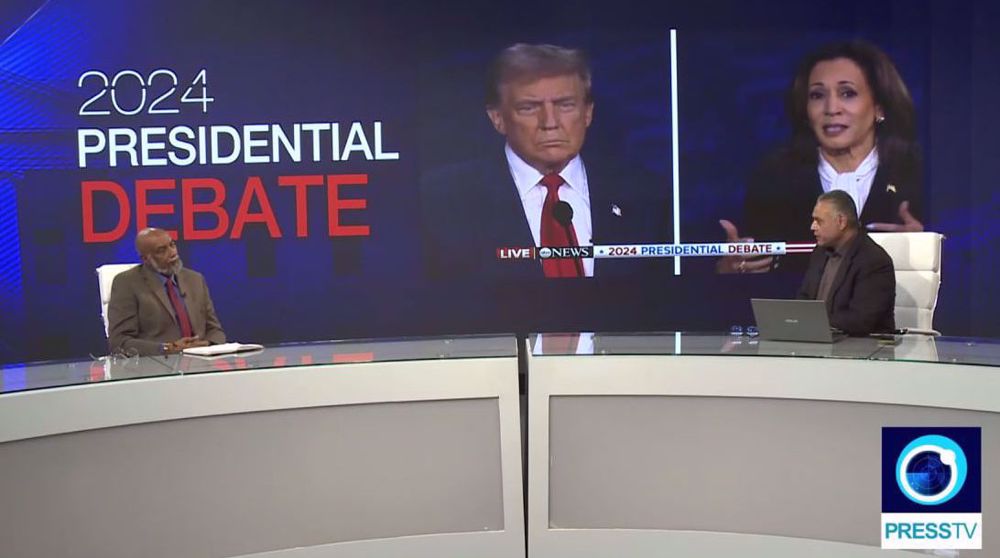US presence in Middle East tied to undemocratic allies: Analyst
Bahrain has in recent days been making headlines again, owning to its heavy-handed security response to anti-regime rallies held across the tiny Persian Gulf island nation. In this edition of ‘The Debate,’ Press TV has spoken to author and former US diplomat, Michael Springmann, and founder of American Institute for Foreign Policy, Michael Lane, and asked them why they think the US and Britain continue their unwavering support for the Al Khalifah ruling dynasty despite its controversial policy of silencing dissidents.
Michael Springmann maintains that the presence of undemocratic governments in the Middle East, one of them being the Al Khalifah regime, guarantees the presence of colonizing powers such as the United States and Britain in the region and that is why these countries do all they can to protect their autocratic regional allies.
The analyst described the Manama regime as an illegitimate, repressive, and highly undemocratic government which is dependent on American and British financial, arms and political support, adding that the 2,000 soldiers and sailors of the US Navy Fifth Fleet headquartered in Bahrain are meant to ensure the country’s monarch that he can freely do anything he pleases as long as they are stationed there.
“He [King Hamad] knows for well that the United States has a long history of propping up undemocratic governments like Saudi Arabia, Israel, Turkey and that the Americans and their client state, Britain, will do anything in their power to keep their military presence in the region. A democratic government would kick these people out but repressive governments like the Al Khalifah regime in Bahrain welcome them and will do anything to keep order in the country at the expense of human rights, democracy and human dignity,” he reiterated.
He noted that King Hamad is feeling quite secure unless US President Donald Trump decide to seriously consider the Al Khalifah regime’s undemocratic principles.

Meanwhile, Michael Lane, the other panelist on the show, emphasized that by extending their support for the Al Khalifah rulers, Western countries in fact pursue another significant goal which is to ensure the free passage of energy through the Strait of Hormuz in the Persian Gulf.
“The United States and other Western countries are dependent upon Middle East energy and the free flow and supply [of] and access [to] energy,” Lane underlined, adding that any impediment to the free and regular flow of energy out of the region would cause trouble for many countries around the world, primarily the United States.
“We are dependent on that energy less so today than perhaps yesterday and perhaps even moving in the direction of energy independence for the United States. But we are not there yet and that is the key reason why the United States and other Western governments focus on that area and want to maintain their presence and want to maintain the status quo in terms of regimes that are in charge there, that are friendly to us and will help us with that mission of keeping the free flow of energy,” he concluded.
Nov. 15: ‘Axis of Resistance’ operations against Israeli occupation
Scholz-Putin phone call opens ‘Pandora’s box’: Zelensky
Trump’s pick for attorney general accused of sex with minor, drug abuse
VIDEO | Press TV's news headlines
Hezbollah drone strike cuts electricity in Nahariya
Two Palestinian inmates die in Israeli custody due to ‘slow death’ policy
VIDEO | Germany's arms trade with Israel fuels election tensions
Nikki Haley faces protests over Israeli genocide support on Oxford visit









 This makes it easy to access the Press TV website
This makes it easy to access the Press TV website